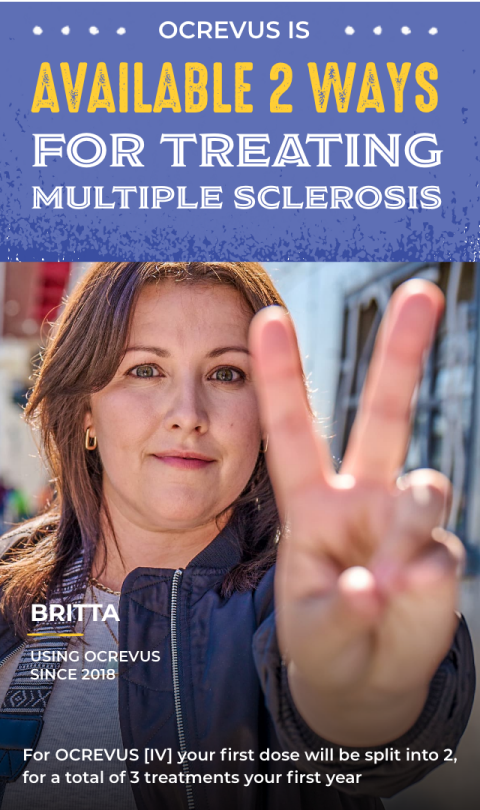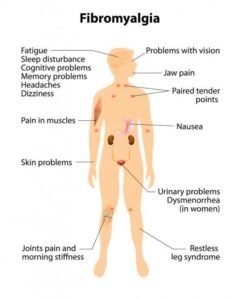Orgasms After Prostate Cancer Treatment
Orgasms After Prostate Cancer Treatment: Understanding the Impact on Sexuality
Introduction: Is It Possible to Have an Orgasm After Prostate Cancer Treatment?
A common concern among men undergoing prostate cancer treatment is whether they can still experience orgasms. The good news is that most men can still achieve orgasm, even in cases where erectile dysfunction (ED) occurs. While prostate cancer treatments, such as surgery and radiation, may damage nerves and blood vessels essential for erections, these same nerves are not as critical for orgasm. Therefore, despite challenges with erectile function, the ability to experience orgasm often remains intact.
The Role of the Prostate in Sexual Function
The prostate plays a key role in the production of semen, contributing to the fluid released during orgasm. However, when the prostate is removed or damaged through treatment, a man’s orgasm will likely be dry or significantly reduced in fluid volume. This change does not eliminate the possibility of orgasm but does alter the physical experience.
Sexuality During and After Prostate Cancer Treatment: What to Expect
Sexual health is an important aspect of a person’s overall well-being, and cancer treatments can disrupt this balance. Although prostate cancer treatment may bring about changes, it doesn’t mean your sexual life will necessarily worsen. In fact, with time, it can even become more fulfilling. The key is understanding the three main factors that impact sexual health: sexual desire, erectile dysfunction, and orgasm. Let’s explore these components in detail.
Sexual Desire and Prostate Cancer Treatment
Sexual desire is an essential part of intimacy, even beyond the act of intercourse itself. Prostate cancer can impact this desire in several ways, including:
-
Performance Anxiety: Worries about sexual function can reduce desire.
-
Emotional Effects of Cancer Diagnosis: The psychological toll of a cancer diagnosis may affect libido.
-
Fatigue: Many cancer treatments, including radiation and chemotherapy, cause fatigue, which can decrease interest in sex.
-
Body Image Changes Post-Surgery: After prostate surgery, some men may feel self-conscious about their appearance, which can influence sexual desire.
-
Fear of Recurrence: Concerns about the return of cancer can overshadow sexual thoughts and desires.
-
Androgen Deprivation Therapy (ADT): ADT treatments, which reduce testosterone levels, can also lead to a reduced libido.
While sexual desire may fluctuate during treatment, addressing these factors through open communication with a partner and healthcare provider is essential. Therapy, counseling, or joining support groups may help manage these changes.
Erectile Dysfunction and Its Impact on Sexual Function
Erectile dysfunction (ED) is a common side effect of prostate cancer treatment. This condition can result from nerve damage during surgery or the effects of radiation and hormonal therapy. However, it’s important to note that there are numerous treatment options available, including:
-
Oral Medications: Medications like Viagra or Cialis can help restore erectile function.
-
Penile Injections and Implants: For some men, these methods offer an effective solution.
-
Vacuum Constriction Devices: These devices can help achieve and maintain an erection.
With advancements in medical treatments, many men can regain some level of erectile function after treatment.
Adapting to Changes in Sexual Function: Emotional and Psychological Support
Adjusting to changes in sexual function post-treatment can be challenging. However, opening lines of communication with your partner can lead to a deeper connection. Counseling or joining online prostate cancer communities can offer valuable support. Additionally, discussing coping mechanisms with a healthcare provider can provide strategies for maintaining a satisfying sexual life.
The Importance of Self-Image and Emotional Support
For many men, the psychological impact of prostate cancer surgery or treatment can affect self-esteem and confidence. It’s important to acknowledge these feelings and seek support when needed. Couples can benefit from talking openly about concerns and expectations, which can strengthen their relationship during this period of change.
Finding Solutions for Erectile Dysfunction
While ED is common after prostate cancer treatment, there are numerous ways to address it. From medications to mechanical devices, many men find solutions that help them maintain sexual function. It’s crucial to work closely with a doctor to determine the best treatment option for your individual situation.
The Bigger Picture: Survival Rates and Long-Term Health
The five-year survival rate for prostate cancer is now 99%, meaning many men will live long, fulfilling lives after treatment. Your sexuality is an important part of that life, and with the right support, it’s possible to enjoy a satisfying and meaningful sexual relationship after treatment.
Frequently Asked Questions
Is it possible to have an orgasm after prostate cancer treatment?
Yes, many men are able to achieve orgasm after prostate cancer treatment, though the experience may differ due to changes in fluid production.
How does prostate cancer treatment affect my sexuality?
Prostate cancer treatment can affect sexual desire, erectile function, and orgasm, but with support and treatment options, men can still maintain a fulfilling sexual life.
What can I do if my desire or performance is affected?
Talking openly with your partner and seeking advice from healthcare providers or therapists can help address issues related to sexual desire and performance.
What are the best treatments for erectile dysfunction after prostate cancer treatment?
There are several options available, including medications, penile injections, implants, and vacuum devices. Consult your doctor for the most suitable option for you.
Expert Tips for Maintaining Sexual Health After Prostate Cancer Treatment
-
Seek emotional and psychological support to manage changes in sexual function.
-
Explore treatment options for erectile dysfunction to find the best fit.
-
Prioritize open communication with your partner to maintain intimacy.
Key Takeaways
-
Orgasms are often still possible after prostate cancer treatment, though the experience may differ.
-
Erectile dysfunction is common, but many treatment options can help restore function.
-
Addressing emotional and psychological factors is crucial for maintaining a satisfying sexual life.
Join Our Community for Support and Inspiration
If you’re looking for more guidance or support related to prostate cancer treatment and sexual health, subscribe to our newsletter or connect with others in our community.








